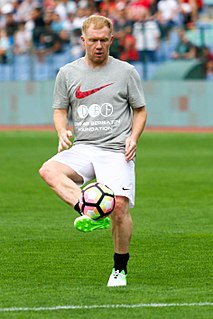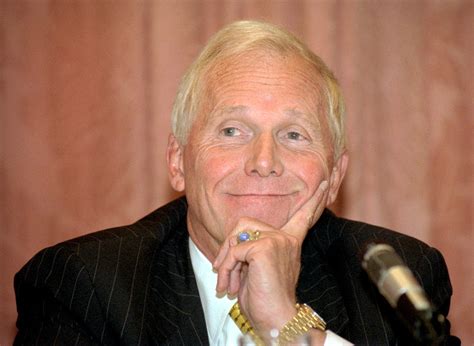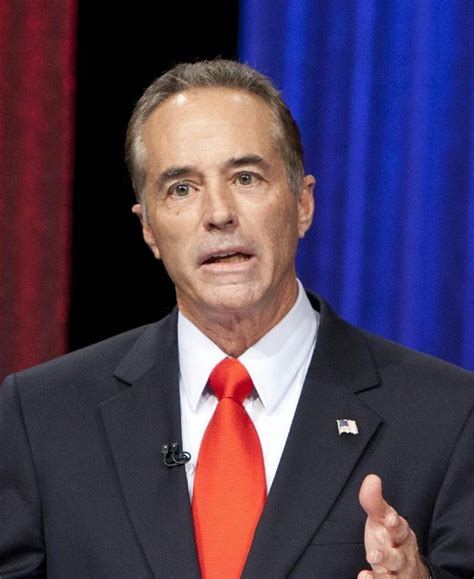A Quote by Justin Menkes
The principles that make someone a master in the chief executive role deal with whether or not they can thrive in an environment of ongoing duress, and teach others how to do so.
Related Quotes
I've been making a list of the things they don't teach you at school. They don't teach you how to love somebody. They don't teach you how to be famous. They don't teach you how to be rich or how to be poor. They don't teach you how to walk away from someone you don't love any longer. They don't teach you how to know what's going on in someone else's mind. They don't teach you what to say to someone who's dying. They don't teach you anything worth knowing.
A zealous disciple expressed a desire to teach others the Truth and asked the Master what he thought about this. The Master said, "Wait." Each year the disciple would return with the same request and each time the Master would give him the same reply: "Wait." One day he said to the Master, "When will I be ready to teach?" Said the Master, "When your excessive eagerness to teach has left you.
Everything that you've learned: 'Make a lot of money, have a nice house'. But they never teach you at school how to relate, how to communicate with others, how to share values with others. ...They teach you how to make a living. You become an optometrist, he becomes a physicist, she becomes a structural engineer, he's an architect. In the future, none of that. Everybody is trained to be a generalist, so they understand different cultures, different values, how we get to be the way we are. So no-one can ever use you for war or killing anybody or hurting anybody
Competitive sports keep alive in us a spirit and vitality. Sports teach the strong to know when they are weak and the brave to face themselves when they are afraid; to be proud and unbowed in defeat, and yet humble and gentle in victory; to master ourselves before we attempt to master others; to learn to laugh, yet never forget how to weep; and to give the predominance of courage over timidity.
































